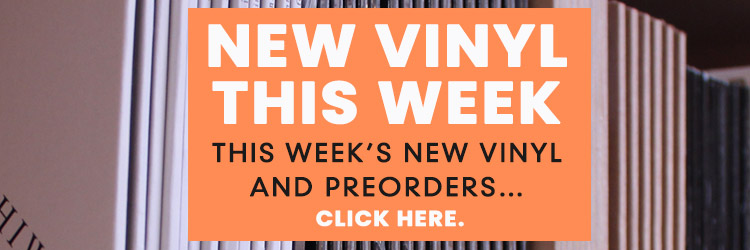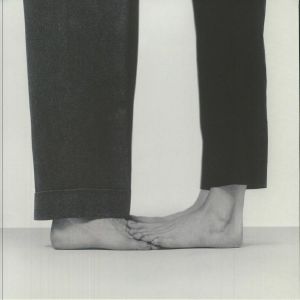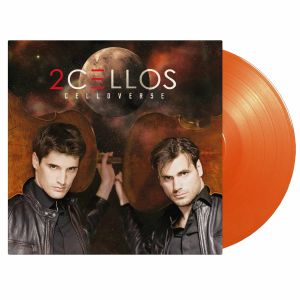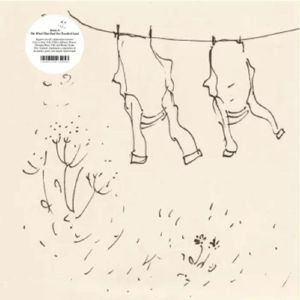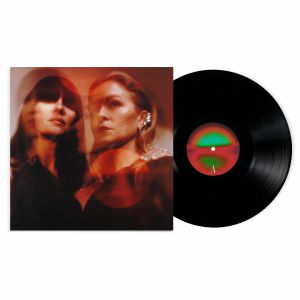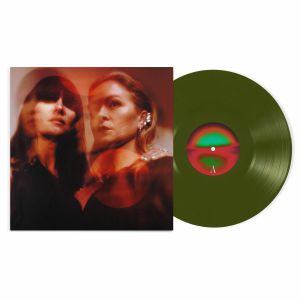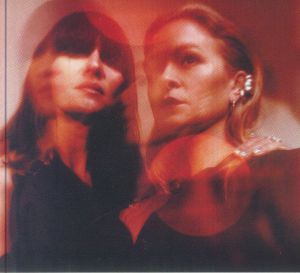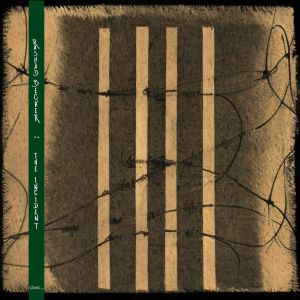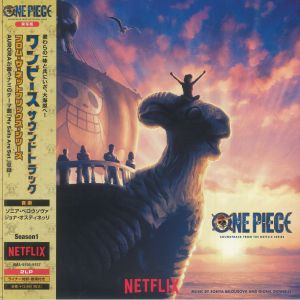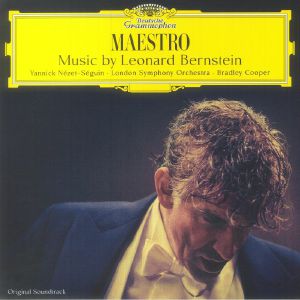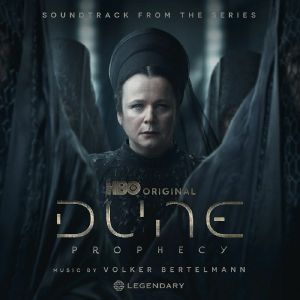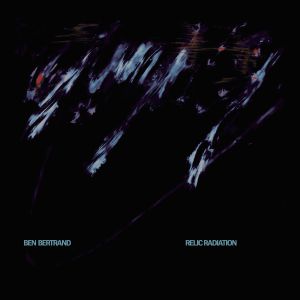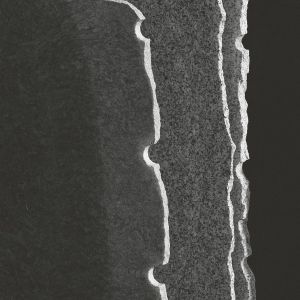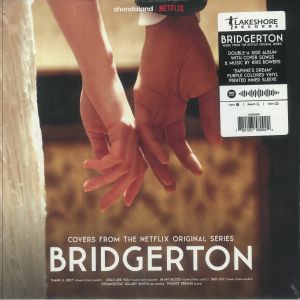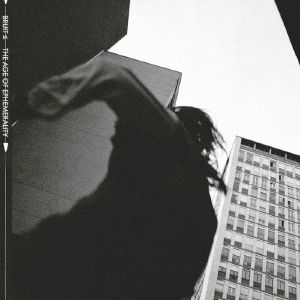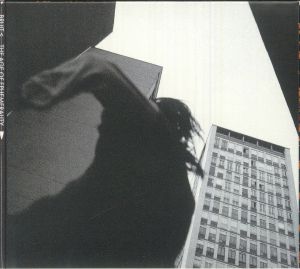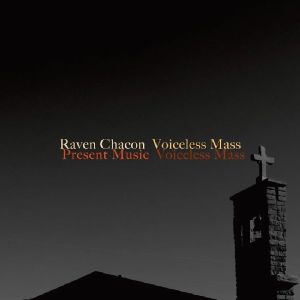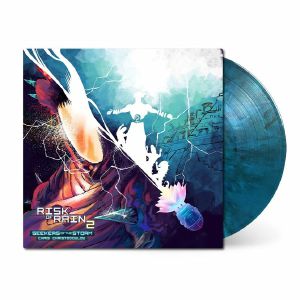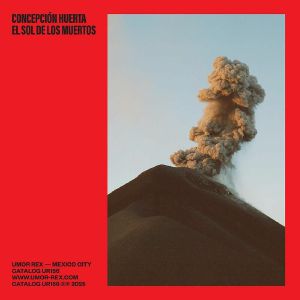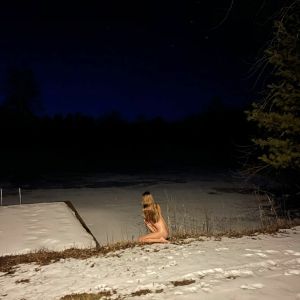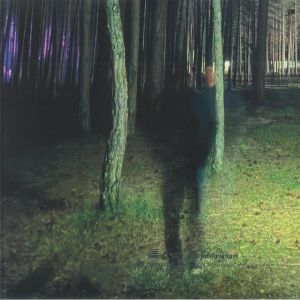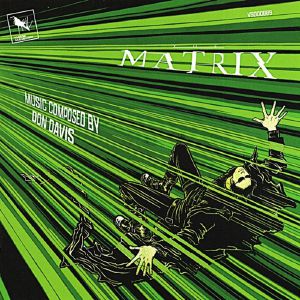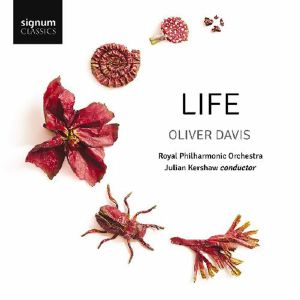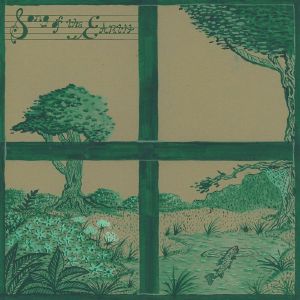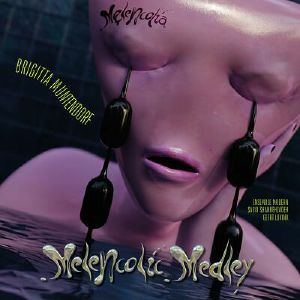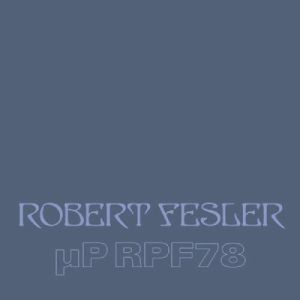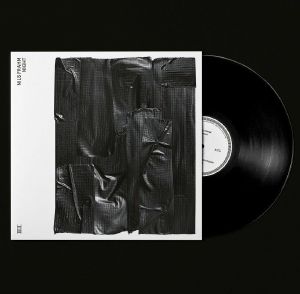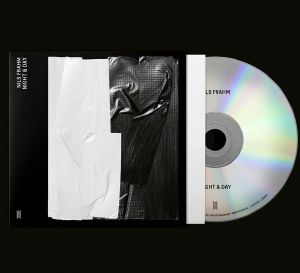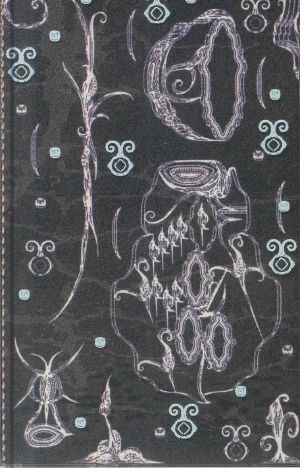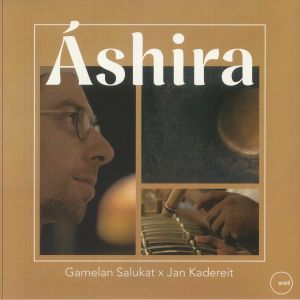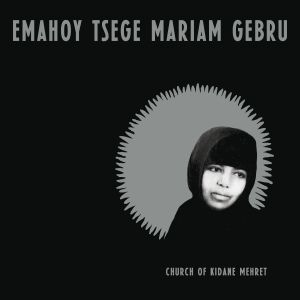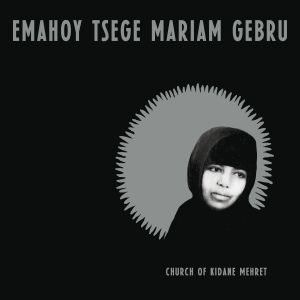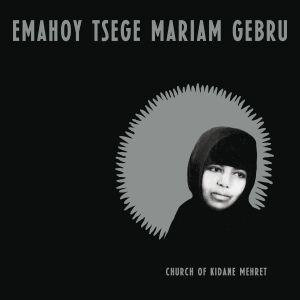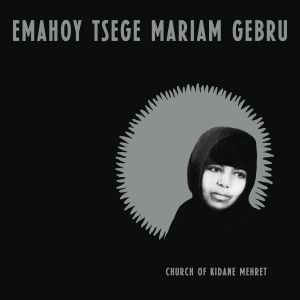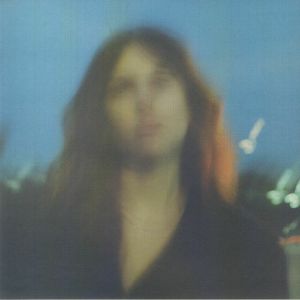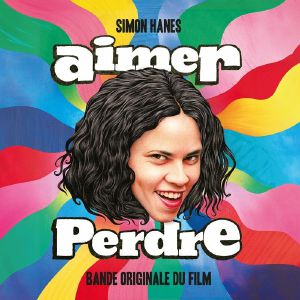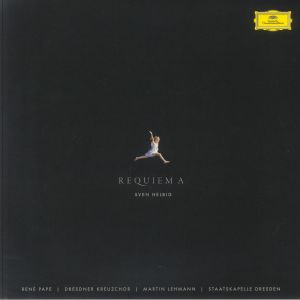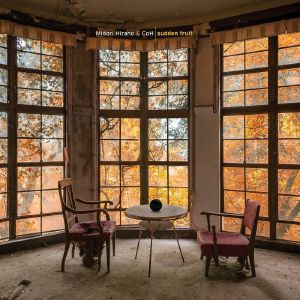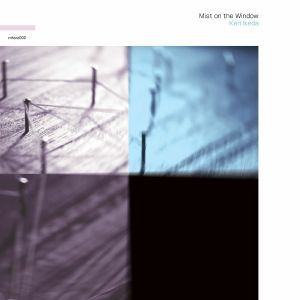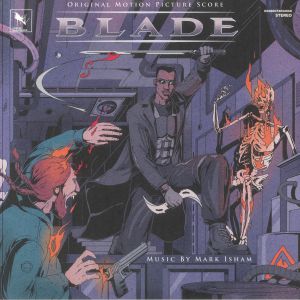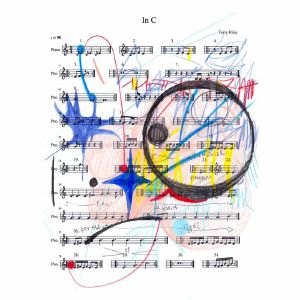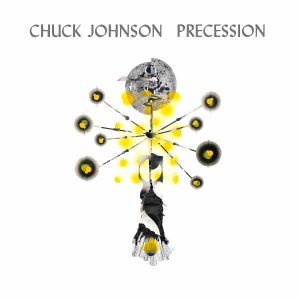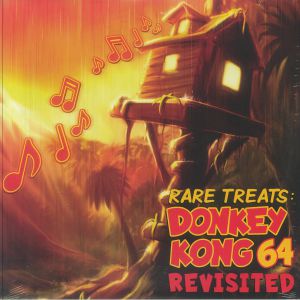Filter
Stock
Artist
Label
Featured
Release Title
Price
Tags
Back catalogue: Modern Classical
Juno's full catalogue of Modern Classical
Singles
Hand To Mouth (B-STOCK) (12")
Cat: LP 1361 (B-STOCK). Rel: 01 Jan 90
B-STOCK: Sleeve torn but otherwise in excellent condition
in stock $16.55
Albums
Celloverse (10th Anniversary Edition) (limited numbered 180 gram audiophile orange vinyl LP + insert)
Cat: MOVCL 017C. Rel: 07 May 25
in stock $32.53
The Wind That Had Not Touched Land (LP + insert)
Cat: ACOLOUR 052. Rel: 30 Apr 25
in stock $24.13
in stock $26.92
Heartbeat (limited olive green vinyl LP)
Cat: TPLP 1916LTD. Rel: 08 May 25
in stock $22.43
in stock $12.06
in stock $35.35
One Piece (Soundtrack) (limited 2xLP with obi-strip)
Cat: UMA 9156. Rel: 19 May 25
in stock $133.52
Maestro: Music By Leonard Bernstein (Soundtrack) (B-STOCK) (gatefold 180 gram vinyl 2xLP + insert)
Cat: 486546 7 (B-STOCK). Rel: 01 Jan 90
B-STOCK: Sleeve damaged but otherwise in excellent condition
Symphonic Suite From On The Waterfront/Robert Schumann: Manfred Overture/Fancy Free: Var 1 (Galop) (5:16)
Anniversaries For Orchestra: X) For Felicia Montealegre/Interview (Dialogue)/Songfest: To What You Said (Solo 3) (6:02)
in stock $30.28
Dune Prophecy (Soundtrack) (limited numbered 180 gram audiophile yellow "spice" marbled vinyl LP + booklet)
Cat: MOVATM 434C. Rel: 22 May 25
in stock $34.51
in stock $29.73
Cat: RM 4238CD. Rel: 12 May 25
Review: With a title inspired by the utterances of The Oracle of Delphi, a cult of female priestesses who reportedly "changed the course of civilisation" by inhaling volcanic vapours, it's clear that Lee Burtucci and Olivia Block's first collaborative album is rooted in paganistic visions and experimental mysticism. It's comprised of two lengthy tracks, each accompanied by edited 'excerpts', and combines Burtucci's experimental synth sounds and tape loops with Block's processed vocalisations and hazy field recordings. Dark and suspenseful, with each extended composition delivering a mixture of mind-mangling electronics, creepy ambience and musical elements doused in trippy effects, it sits somewhere between the charred "illbient" of DJ Spooky and the deep space soundscapes of the late Pete Namlook.
… Read more in stock $15.15
Country Music (LP + MP3 download code limited to 150 copies)
Cat: AV 015LP. Rel: 21 May 25
in stock $31.70
Kris BOWERS / VARIOUS
Bridgerton (Soundtrack) ('Daphne's dream' purple vinyl LP)
Cat: LKSO 358991. Rel: 20 May 25
in stock $33.38
in stock $26.36
in stock $19.07
in stock $16.27
Risk Of Rain 2: Seekers Of The Storm (Soundtrack) (180 gram blue, white, green & black marbled vinyl LP)
Cat: BSR 142. Rel: 20 May 25
Review: The soundtrack for Risk of Rain 2's Seekers of the Storm, is here making its vinyl debut, and it's an edition fans won't want to miss. Composed by Chris Christodoulou, with a special contribution from Stavros Markonis, this release brings some atmospheric and powerful music to life on a stunning looking record. The vinyl itself is a visual treat, featuring a striking blue, white, dark green, sky blue, and black marbled design. This soundtrack is housed in a beautifully crafted gatefold sleeve with artwork by Daniele Giardini. Christodoulou's compositions delve into new, unexplored territories with a blend of intense and emotive pieces. The use of a seven-string guitar adds a new layer of depth to the music, delivering some of the most elaborate and heavy tracks ever written for the series. Markonis' contribution introduces a fresh sound, seamlessly integrating into the Risk of Rain universe while also bringing something unique to the table. The recent uptick in soundtracks released on vinyl have really shown that fans love connecting with the music of many movies and TV shows. Even if you may not know the series, this is one the best in recent weeks for you to enjoy.
… Read more in stock $46.84
El Sol De Los Muertos (cassette limited to 100 copies)
Cat: UR 156CS. Rel: 07 May 25
in stock $15.70
Review: A series of vivid, nocturnal transmissions blending altered-state refinements and rich storytelling as Canadian composer and producer Coverdale merges synthesis with live instrumentation, creating a multi-dimensional sound that feels both intensely personal and universally resonant. Drawing on a wide range of influences, including 19th-century programmatic music - that's music with spoken narrative, like Provokiev's Peter & The Wolf - and mid-70s jazz, her compositions balance improvisation with deeply emotional content. Each track explores a range of textures, from the ethereal, soaring flights of 'Daze' to the grounded, material energy of 'Freedom.' The use of strings, woodwind, brass and modular synthesis intertwines with Coverdale's voice to create a language that feels alive and constantly evolving. Whether navigating the turbulent gales of 'Coming Around' or finding catharsis in the drummed sequences of 'Offload Flip,' the music speaks to the physicality of sound and the emotional charge it carries. The narrative arcs throughout, painting an intricate portrait of grief, dislocation, and the quest for self-connection, each track embodying a different facet of this deeply personal yet expansive journey.
… Read more in stock $25.53
Live At Perpendicular 2024 (gatefold clear vinyl LP)
Cat: SD 001. Rel: 29 Apr 25
in stock $33.65
The Matrix (Soundtrack) (25th Anniversary Edition) (limited gatefold translucent green vinyl LP)
Cat: VAR 1698151. Rel: 15 May 25
in stock $33.65
Life (CD)
Cat: SIGCD 890. Rel: 15 May 25
in stock $15.43
RE: Case Studies (LP limited to 200 copies)
Cat: DAUW 074LP. Rel: 07 May 25
Review: Taylor Deupree and The Humble Bee have hooked up for their first collaborative album, Re: Case Studies, an immersive and pensive ambient beauty. It was originally conceived as a solo project and Deupree's abstract feedback loop-based compositions were shelved until discussions with the label prompted him to invite a collaborator. Craig Tattersall, aka The Humble Bee, responded with his own sonic interpretations and built on Deupree's foundations. The result is a cohesive yet distinct collaboration that honours the original while evolving into something new so what began as an unfinished idea is now a full-fledged and thoughtful, layered exploration of sound.
… Read more in stock $31.70
Song Of The Earth (CD)
Cat: N 7899757. Rel: 23 May 25
in stock $19.07
Melencolic Medley (grey marbled vinyl LP + booklet)
Cat: EMLP 002. Rel: 08 May 25
in stock $24.41
UP RPF78 (4xLP box set + booklet in slip-case limited to 300 copies)
Cat: MNOE 171. Rel: 15 May 25
in stock $108.84
Review: A decade on from its original release, this compilation remains a spellbinding window into the musical mind of one of modern music's most innovative figures. As comfortable behind a grand piano as a homemade synth, Frahm brings his taste for boundary-blurring to this curated journey. Consider this a love letter to his inspirations and a reflection of his multifaceted artistry. The compilation weaves classical greats, jazz legends, ambient pioneers and experimental mavericks into a singular, late-night odyssey. Vladimir Horowitz's crackling rendition of 'The Flight of the Bumblebee' connects Frahm's own virtuosic piano play to the classical canon, while Miles Davis' smoky 'Generique' and 'Concierto de Aranjuez (Adagio)' speak to the atmospheric jazz undercurrents that color much of his work. Nina Simone's aching rendition of 'Who Knows Where the Time Goes' carries the same stripped emotional core that Frahm achieves in his more minimalist moments. Elsewhere, the warmth of Dub Tractor's 'Cirkel' and the ghostly dub of Rhythm & Sound's 'Mango Drive' nod to his love of minimalism beyond genre. Boards of Canada's slow-burning 'In a Beautiful Place Out in the Country' is also featured, showing the esteem Frahm holds these newer tracks in, nestling among legendary musical acts of the past. From Colin Stetson's avant-garde saxophone to Bibio's lush textures, the compilation spans eras and aesthetics with cohesion and care. It's not just a mixtape - it's a tribute, a seriously rich tapestry of influences that shaped a singular voice.
… Read more in stock $31.70
in stock $17.95
Greater Honeyguide (cassette limited to 130 copies)
Cat: MAP 056CS. Rel: 08 May 25
in stock $17.95
Fantaisie Et Variations Sur Des Motifs De L'opera La Fille Du Regiment De Donizetti, Op 16 (Adrien-Francois Servais)
in stock $15.15
in stock $27.21
Review: Some 13 years have now passed since Mississippi Records started reissuing private press albums by Emahoy Tsege Mariam Gebru, an Ethiopian Orthodox nun, pianist and composer whose naturally religious-inspired works frequently took spiritual music to fascinating new places. Here the label turns its attention to 1972's Church of Kidane Mehret, notable not only for being recorded live in various churches across Jerusalem, but also for the use of harmonium and pipe organ as well as Emehoy's beloved piano. The original album, which in line with her other album features intricate and mood-enhancing solo translations of orthodox liturgies, has here been expanded via the inclusion of two further piano pieces from 1963's ultra-rare Der Sang Des Reeres - a set of which only 50 copies were ever produced.
… Read more in stock $13.75
in stock $14.58
Church Of Kidane Mehret (clear vinyl LP + booklet (indie exclusive))
Cat: MRI 214LPC1. Rel: 22 May 25
Review: Emahoy Tsege Mariam Gebru's deeply spiritual music has long remained a hidden gem and this release offers a rare chance to experience her most poignant works. Recorded in churches across Jerusalem, her performances on piano, harmonium and pipe organ transcend genre that blends Ethiopian Orthodox liturgy with the technical sophistication of her classical training. There's a serenity to these pieces, particularly in 'Ave Maria,' where her piano's crystalline chimes fill the sacred spaces, while 'Spring Ode - Meskerem' brings new life to familiar melodies, played through the rich drones of the harmonium. The collection moves from meditative to dramatic, with 'Essay on Mahlet' offering a slow, introspective journey as Emahoy translates the free verse of Orthodox liturgy into a delicate piano composition. The inclusion of 'The Storm' provides a moment of intense contrast, its stormy narrative unfolding through sharp, thunderous piano lines. Emahoy's ability to blend devotional themes with emotional depth is most apparent in 'Via Dolorosa,' where the music mirrors the weight of the stations of the cross with breathtaking gravity. Her music, though niche, stands out for its seamless fusion of Ethiopian spirituality with the grand traditions of Western classical music, feeling entirely distinct in its expression. The recordings, originally made in 1972, show a stark simplicity and restrained power that speaks directly to the soul. It's a rare treasure and an essential contribution to the world of spiritual music.
… Read more in stock $30.28
Church Of Kidane Mehret (LP + booklet)
Cat: MRI 214LP. Rel: 22 May 25
Review: Mississippi Recs provide yet another delta stream's worth of Ethio musics by nun and composer Emahoy Tsege Mariam Gebru, presenting a remarkable body of work shaped by faith, solitude, and a deep reverence for sound. First self-released in 1972 and now enlarged over two formerly unheard piano pieces, this new curatorial crimp reveals Emahoy's profound engagement with the liturgical traditions of the Ethiopian Orthodox Church: all laid to record across sacred spaces in Jerusalem, they hear her play piano, harmonium and organ, with tactful piano fingers assuring a chiming touch on 'Ave Maria' and 'Essay on Mahlet', both religious chants heard to echo against ancient stone. Also inside are two compositions from the near-lost album Der Sang Des Meeres (1963), salvaged from obscurity and restored here with equal reverence.
… Read more in stock $26.92
in stock $35.35
Atlas (B-STOCK) (LP)
Cat: AWE 1LP (B-STOCK). Rel: 01 Jan 90
B-STOCK: Sleeve damaged but otherwise in excellent condition
Review: ***B-STOCK: Sleeve damaged but otherwise in excellent condition***
The fourth ever solo studio album from the acclaimed electronic artist and composer Laurel Halo, Atlas is intended to guide the listener through their own subconscious mind, coming as an intense sequence of soaring ambiences and beatless jazz montages. Finding its footing in instrumental improvisation by Halo herself, plus featuring artists Coby Sey, James Underwood and Lucy Railton - and then blowing any assumptive connotation with jazz out of the park with its subtly effected vocal processing and electronic tinkerings and washes thereafter - fans can be sure that this is not going to be your stock experimental affair.
… Read moreThe fourth ever solo studio album from the acclaimed electronic artist and composer Laurel Halo, Atlas is intended to guide the listener through their own subconscious mind, coming as an intense sequence of soaring ambiences and beatless jazz montages. Finding its footing in instrumental improvisation by Halo herself, plus featuring artists Coby Sey, James Underwood and Lucy Railton - and then blowing any assumptive connotation with jazz out of the park with its subtly effected vocal processing and electronic tinkerings and washes thereafter - fans can be sure that this is not going to be your stock experimental affair.
in stock $23.55
in stock $26.10
Aimer Perdre (Soundtrack) (LP + 7" flexi-disc)
Cat: BAP 228. Rel: 06 May 25
in stock $30.28
Requiem A (gatefold LP + booklet)
Cat: 486721 3. Rel: 09 May 25
in stock $33.65
Sudden Fruit (LP + MP3 download code)
Cat: MTL 21. Rel: 12 May 25
! low stock $21.88
They Live (Soundtrack) (Expanded Edition) (limited white vinyl 2xLP (comes in different sleeves, we cannot guarantee which one you will receive))
Cat: WRWTFWW 049. Rel: 23 May 25
Review: The Expanded Edition of Alan Howarth's They Live brings new life to the cult classic 1988 film's soundtrack. Howarth is well respected, not least for his collaborations with John Carpenter, and here captures the film's eerie tension and anti-consumerist themes with moody synths, bluesy motifs and minimalist sound design that is always hugely evocative. This expanded edition offers remastered audio and additional cues that heighten the mood and deepen the atmosphere. The music's hypnotic, slow-burning energy perfectly mirrors the paranoia and grit of the movie, so it's a landmark score in sci-fi and horror soundtracks.
… Read more in stock $55.26
Dog Man (Soundtrack) (limited gatefold orange vinyl LP with obi-strip)
Cat: SILLP 1812. Rel: 13 May 25
in stock $30.86
in stock $25.80
Blade (Soundtrack) (Deluxe Edition) (limited gatefold "bloodbath" vinyl 2xLP)
Cat: 726526 6. Rel: 15 May 25
in stock $38.43
In C Live At Philharmonie De Paris (LP + booklet)
Cat: TSR 051LP. Rel: 22 May 25
in stock $29.17
in stock $10.95
Angel's Egg: Living In Water (Soundtrack) (CD with obi-strip)
Cat: TKCA 10556. Rel: 19 May 25
in stock $22.16
Rare Treats: Donkey Kong 64 Revisited (Soundtrack) (gatefold 180 gram vinyl 2xLP)
Cat: MCOL 0444V. Rel: 20 May 25
Review: You don't sell 5.27 million copies of anything without doing something right. Winner of the E3 Game Critics award for Best Platform Game in 1999, to name just one of countless nominations and awards, Donkey Kong 64 was one of the best loved titles on the iconic Nintendo 64, and represented two years of programming, coding and designing on the part of legendary software house, Rare. Amazingly, considering this was almost three decades ago and cartridge-based titles are usually regarded as the stronghold of chip music, Grant Kirkhope's score is anything but and still sounds fresh. From aptly titled opener, 'DK Rap', to the meandering jazz closer 'Candy Kong', featuring David Leo Kemp on sax, via 'Angry Aztec' and its Indiana Jones vibe, and the John Williams-esque 'Mine Cart', it's all so enjoyable.
… Read more in stock $61.71

 USD
USD




